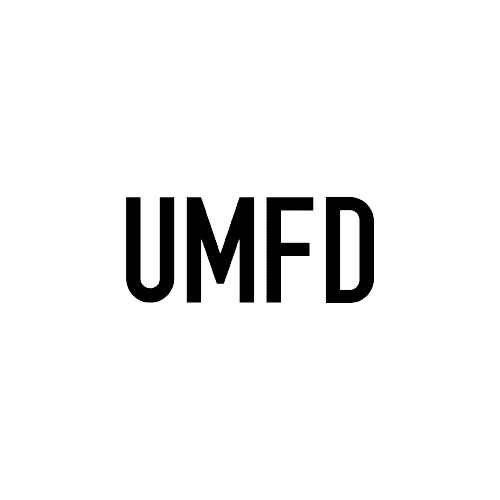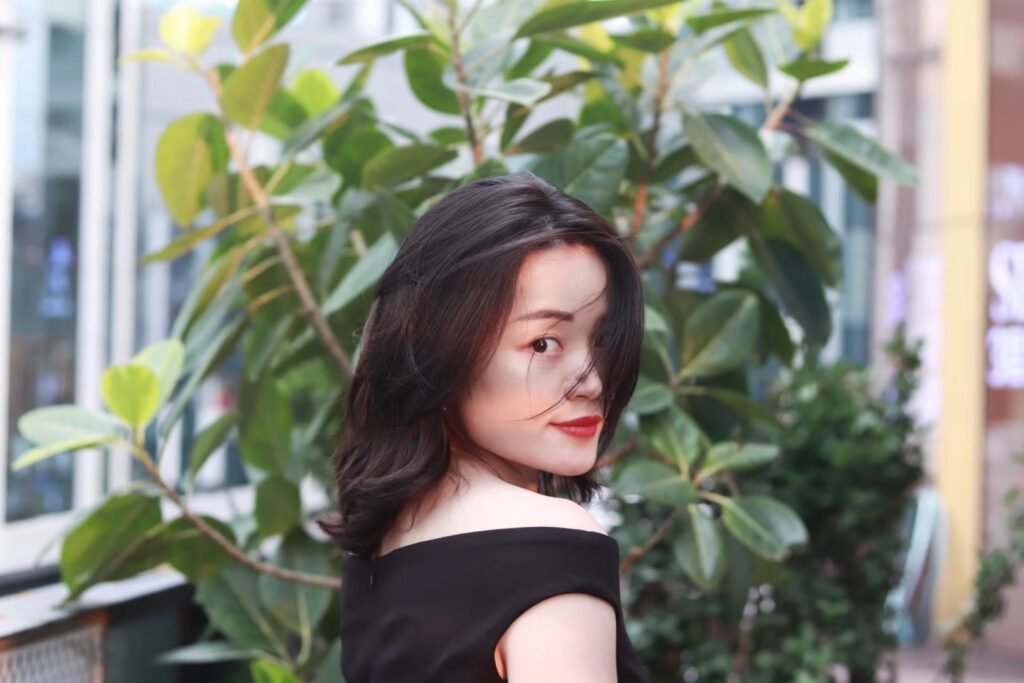I grew up in a household where money was rarely discussed directly.
What I learned came silently, through my mother’s choices: one timeless, high-quality piece over ten disposable ones. Quality, even if costly, meant peace of mind.
For years, I didn’t pay much attention to money itself. I didn’t ask friends what they earned. I didn’t track how or when my work would become “profitable.” I missed lessons that could have been obvious, had I been looking.
It wasn’t until I began building my own brand that I woke up. Costs, margins, survival—
it became impossible not to face the truth: money is the most powerful tool in a complex world.
It can shrink us with shame or fear. Or it can become a language of joy.
The Psychology of Fifty Yuan
Recently, in Shanghai, I witnessed a landlord and agent quarrel bitterly over fifty yuan. She owned multiple properties; she had worked in finance. Clearly, it wasn’t about survival. It was about something deeper: a script.
Her script said: Never let money slip away. And that script shaped not only her finances but her relationships, her energy, her atmosphere.
We all carry one. Some scripts say “save everything.” Others say, “Spend to prove I exist.” Others sa,y “earn to feel safe.”
Most of us inherit these from our parents, culture, or crisis. Few of us pause to rewrite them.
What Does “Rich” Mean, Really?
Ask people why they want to be wealthy, and the answers vary:
“Freedom—to do or not do as I wish.”
“Five million in cash.” (But in Beijing or Berlin, that means very different lives.)
“To pay off debt.”
For me, a rich life isn’t a round number. It’s the joy of buying organic food without guilt.
Subscribing to The Economist instead of pirated summaries. Outsourcing chores so I can write. Spending on unique experiences, not endless objects.
Wealth is not only having—it is deciding how to spend without betraying yourself.
Two Lenses: How We Relate to Money
-
- The Spending Channel
Food, travel, fitness, beauty—where does your money naturally flow? Follow it with intention. If food is your channel, upgrade the ritual: choose artistry, service, and delight, not just calories. When you enlarge what you already love, life begins to expand around it. - The Glasses We Wear
Every yuan, every dollar, is filtered through lenses. One person sees $100 as a skincare purchase, another as a gym class, another as a stock entry. Neither is wrong. But your lens decides whether you feel scarcity or abundance.
- The Spending Channel
Rewriting the script often means trying on a different pair of glasses—asking “what if we did that?”
Scarcity vs. Choice
Scarcity is always counting costs. Abundance remembers opportunity cost, too.
For example, buying a house with a massive down payment is not automatically “smart”—because that money could have been compounding elsewhere. Renting is not “throwing money away”—it is trading one script for another.
What matters is not one universal rule. It’s knowing your script, your trade-offs, and your range of enough.
Toward a Conscious Money Script
Our parents taught us to save. Few taught us how to spend with alignment. Yet the way we spend is the way we write our philosophy of wealth.
Practical reflection:
In the last two weeks, what was the purchase that made you happiest? Why?
Does it align with your deepest values, or was it a script inherited without question?
The goal is not austerity or excess, but clarity. To spend fiercely on what you love, and almost nothing on what you don’t.
To hold joy in one hand, and discernment in the other.
Why This Matters
Money multiplies the patterns you already live by. If your script is fear, more money grows fear. If your script is generous, more money grows generosity.
The invitation is simple: see your script, then spend as though you chose it.
Because in the end, money is not just math.
It is your story, rehearsed in numbers.

